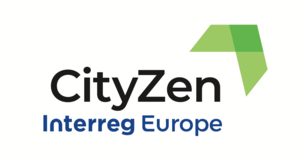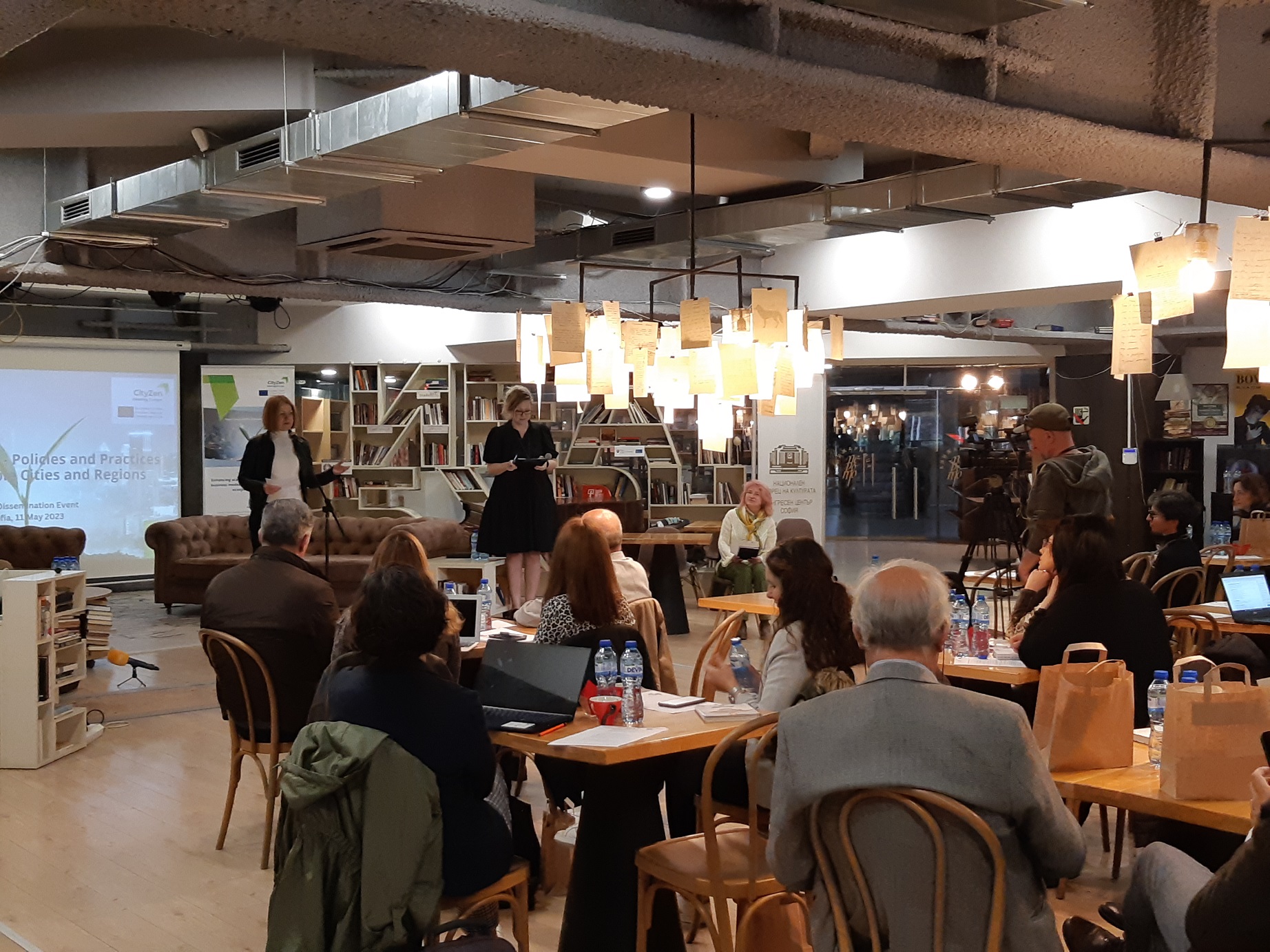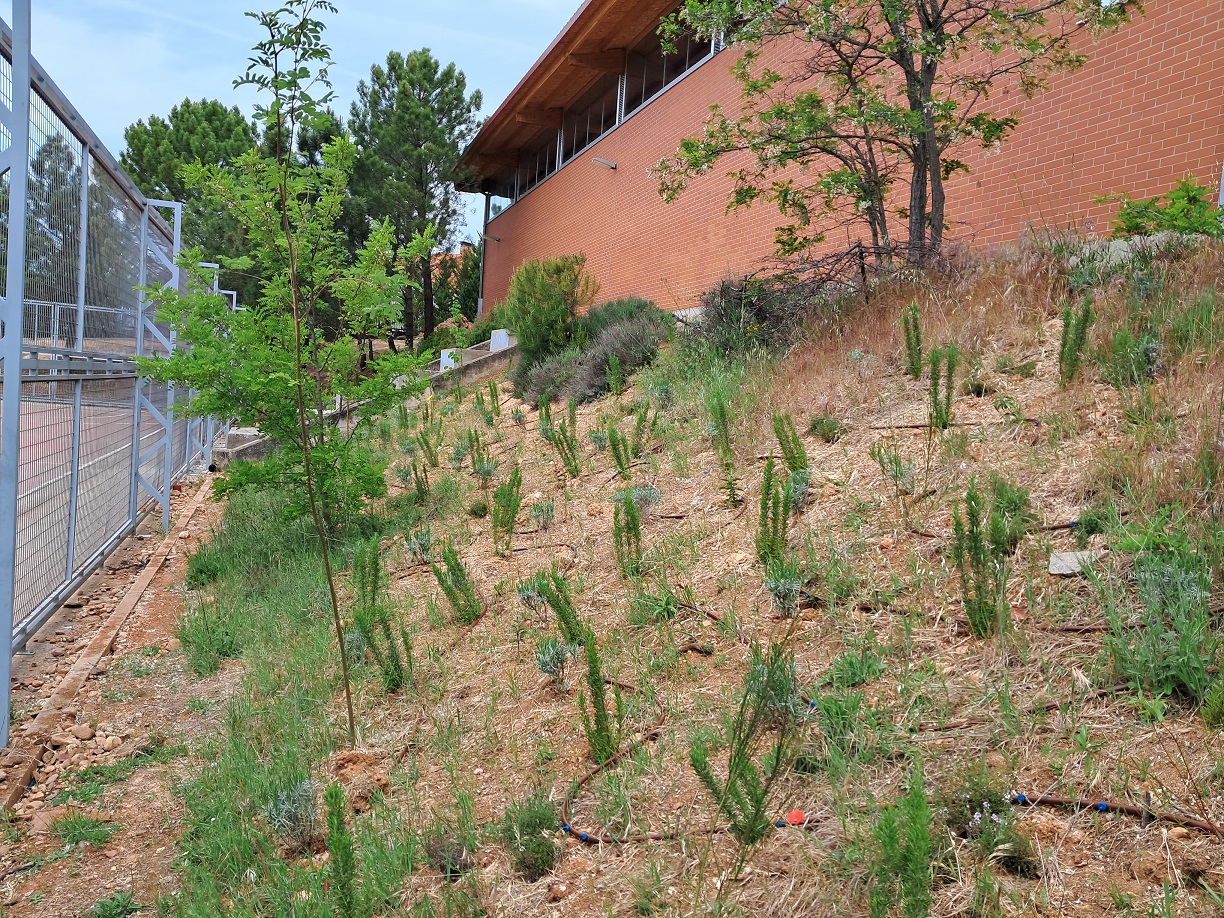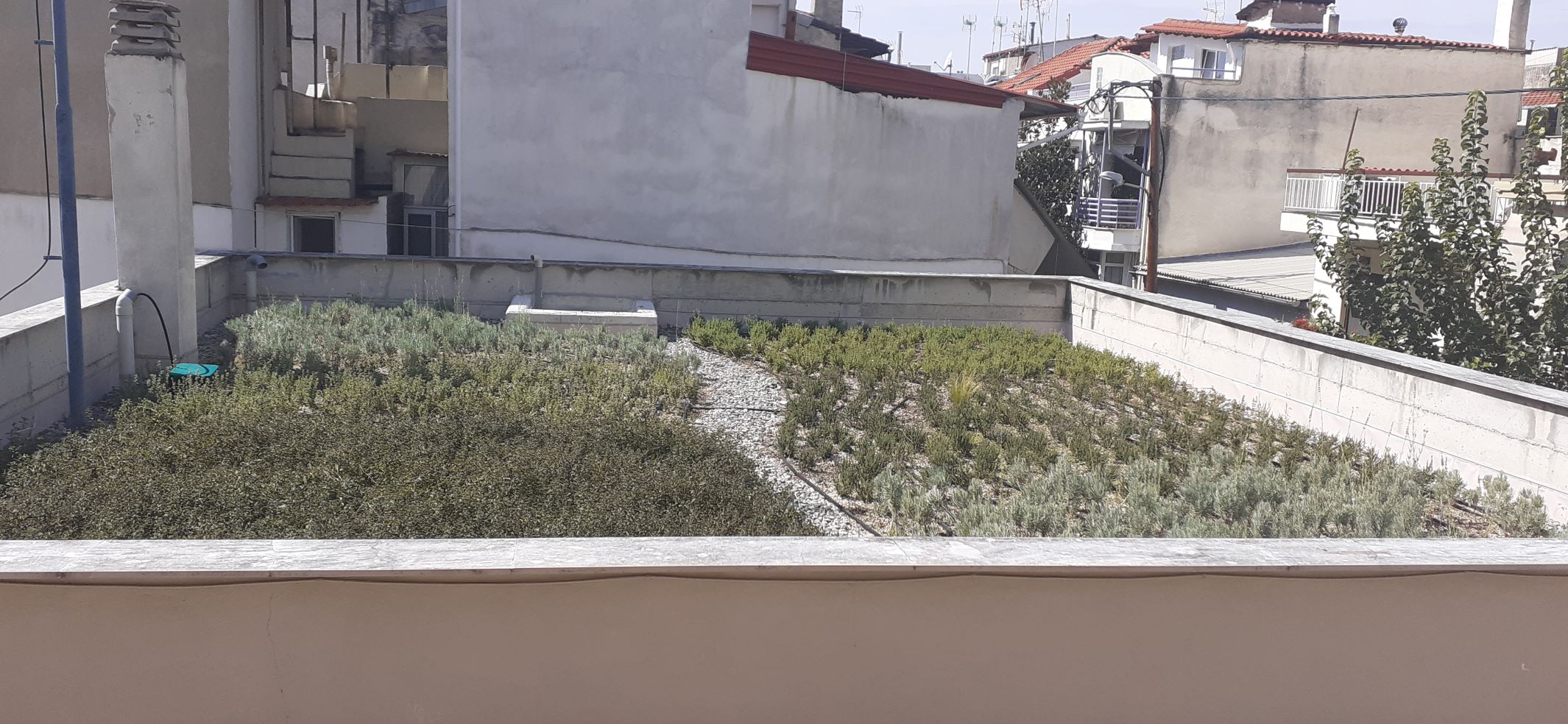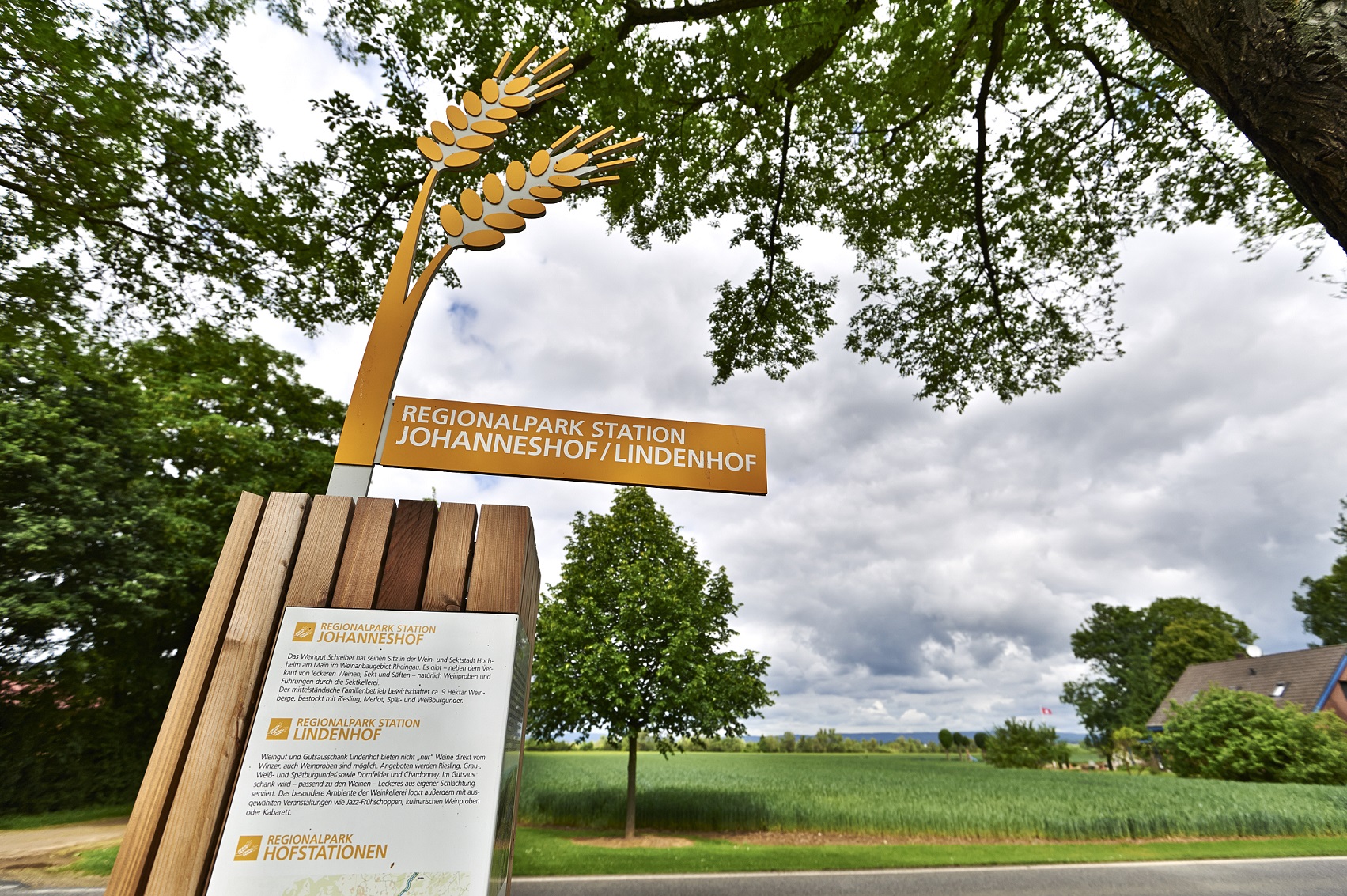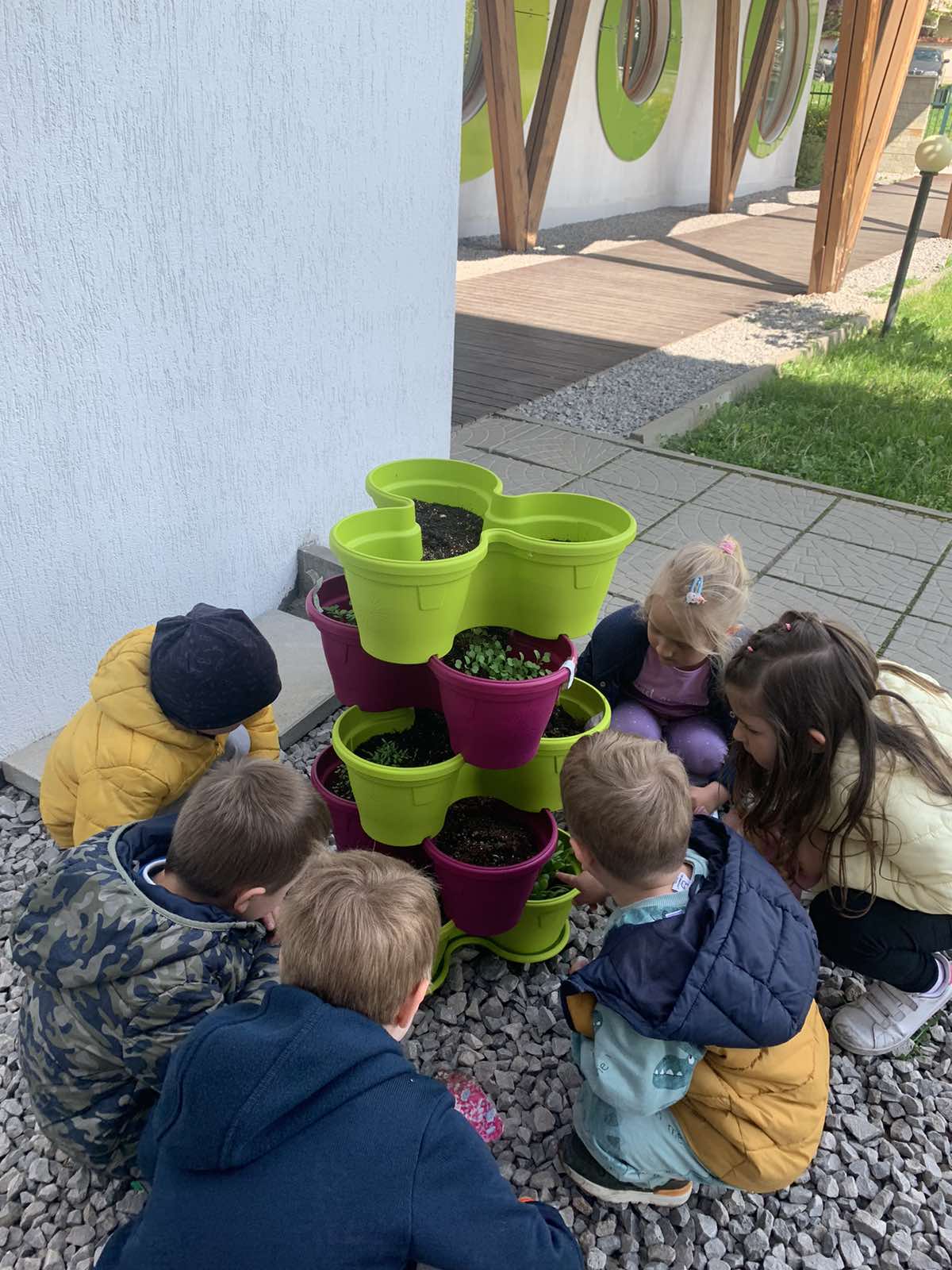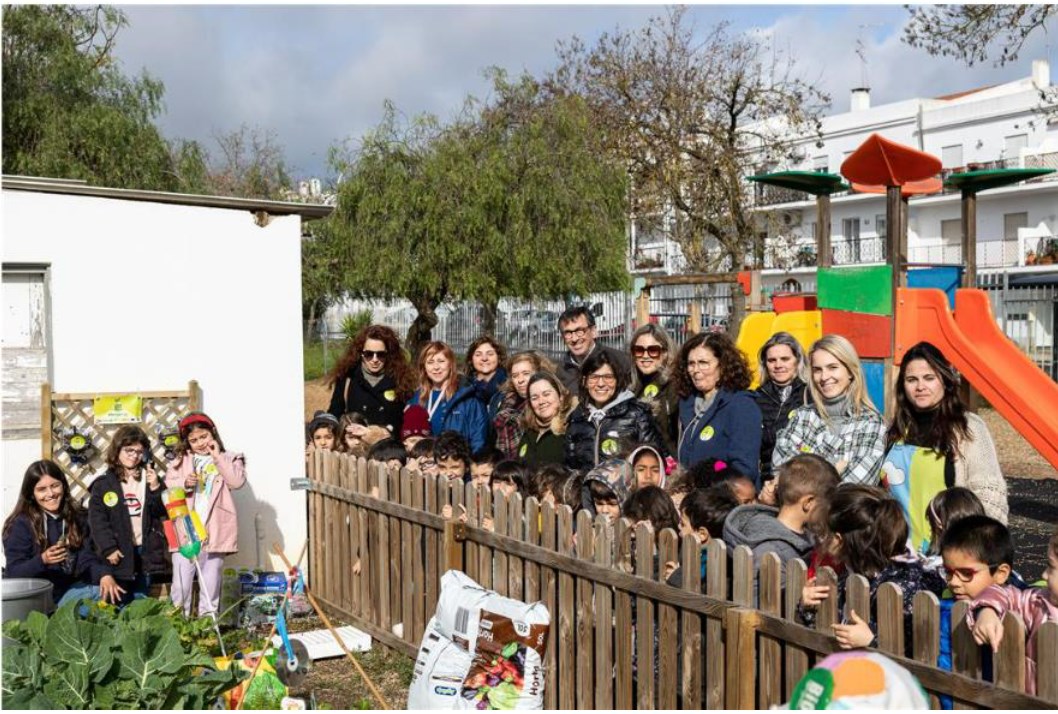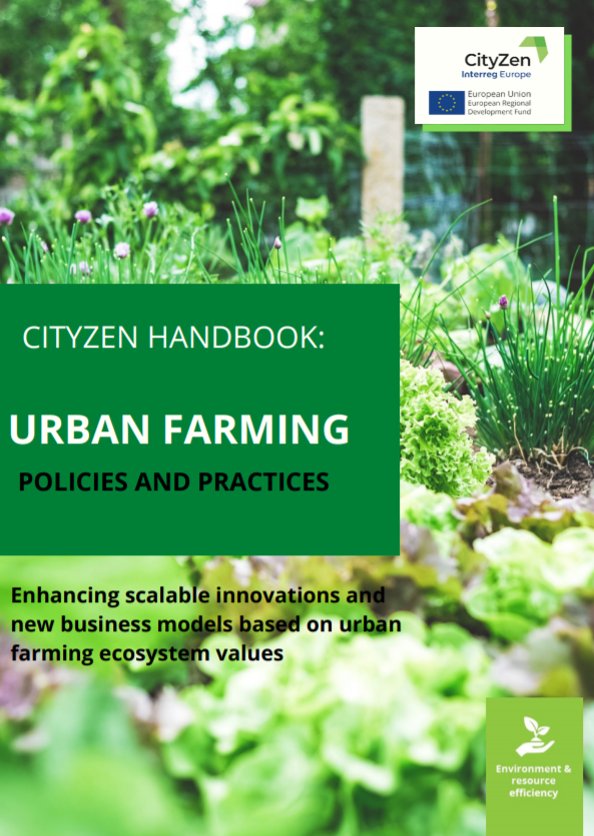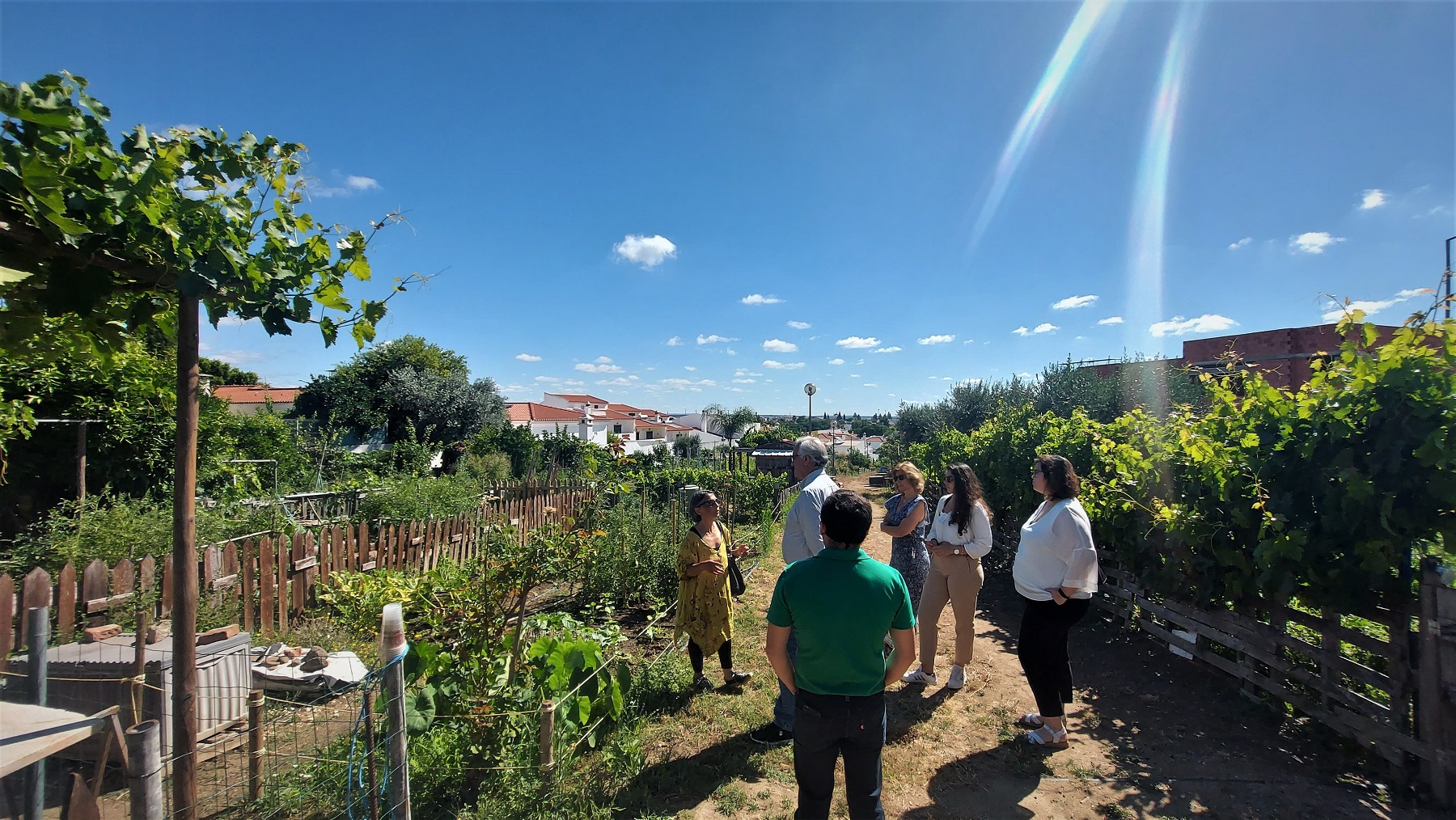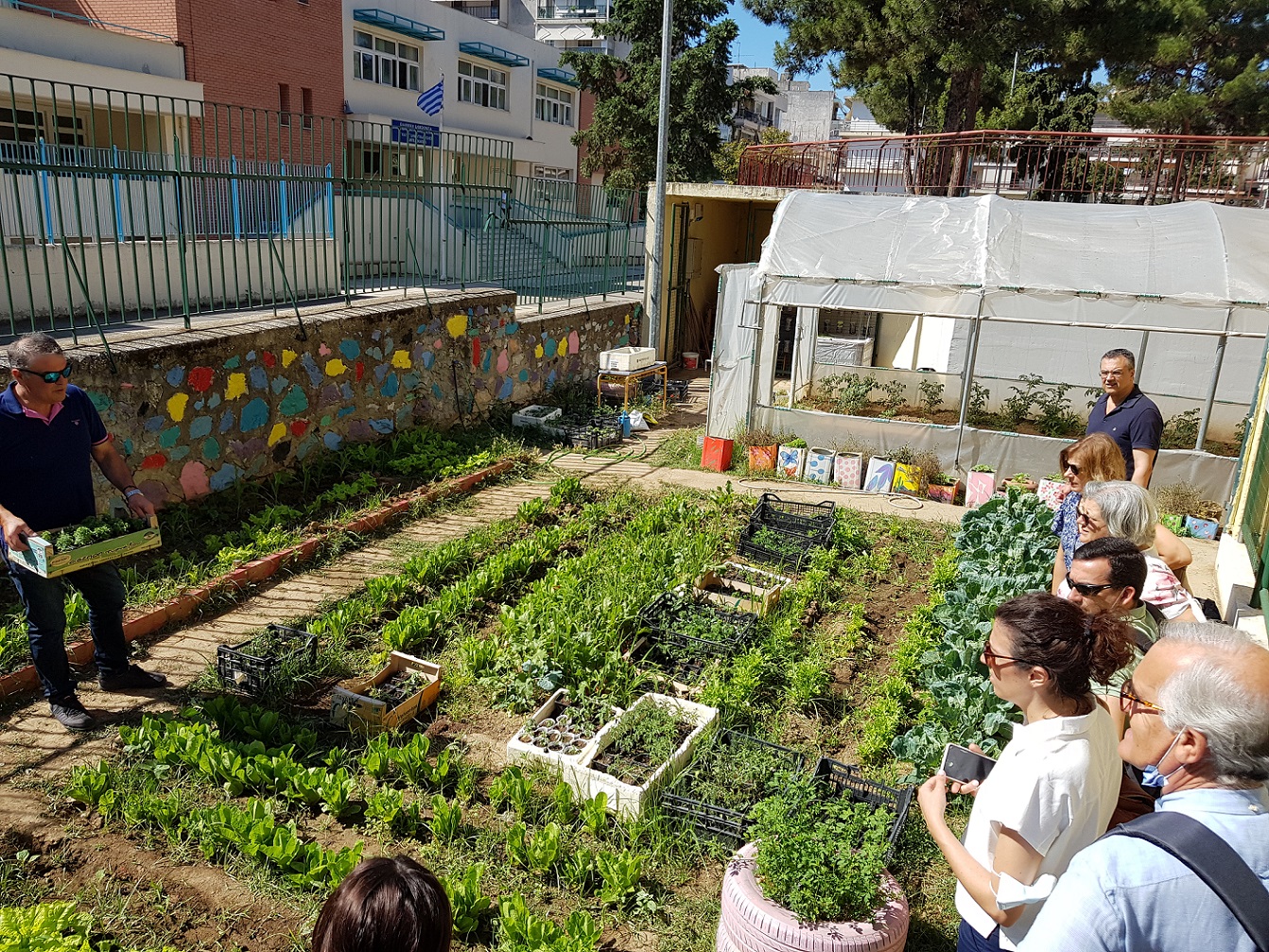On 19 Jan 2022 the 2nd Action Camp was held online by the CityZen partners to present and discuss elaborated versions of their regional Action Plans (task leader UVa):
- SOfia Green programme of Sofia Municipality to share the pilot action results on the design and testing of DIY kits for vertical mini urban gardens at 6 demo sites. This pilot action aimed to test interests and validate innovative products, services and projects stemming from the Urban Farming (UF) activities with diverse stakeholders. A second action will build upon the experiences by the pilot and will make recommendations to include UF activities within the municipal Ordinance on the green system of Sofia with focus on sustaining green areas around residential buidlings.
- Regional Operational Programme 2014-2020 of the Region of Central Macedonia, Priority Axis 6: Protecting the environment and resource efficiency, IP 6e, where a call for proposals was already launched for green rooftops projects managed by municipalities in the region. Further action aims to promote UF practices to wider stakeholders incl. private companies and to get their feedback to endorse policy recommendations. Promotion of policy recommendations to the Region of Central Macedonia is another action to foster UF activities into the next programming period as well as to launch an UF consultation group.
- Baixo Alentejo Strategic Development Plan (PEDBA) of Baixo Alentejo Region with set of actions to target schools and to integrate UF policies into the PEDBA plan. An action is designed to include UF activities into the extracurricular agenda of 10 schools in the region where children will get knowledge on the ecosystem functions, reduction of food wastes, healthy eating habits and responsible use of natural resources. PEDBA revision process is in the focus of another action that aims to intergrate UF policies and activities into the plan's framework also in the perspective of the coming funding opportunities.
- ERDF Operational Programme 2014-2020 of Castilla y Leon Region with first results by the action to promote UF green infrastructures in schools as nature based solutions to foster food strategy, climate resilience, local biodiversity and healthy habits by students. 65 school projects are already approved within a call for proposals by the newly-launched REACT-EU Investment priority to renaturalize schools by UF activities. Another actions aim to support the effective dialogue among policy makers on UF issues as well as new UF business models for community-based innovation such as mobile Food Labs or similar facilities for processing UF harvest.
- Regionalpark RhineMain of the Frankfurt Rhine Main region with a framework of actions to raise awareness on biodiversity and sustain landscapes with cultural values for recreation seekers such as orchard meadows which are getting reduced over time. The Regionalpark has also set up its own fund to support open space projects in this regard. It also links to another key action that aims to inspire visitors along the Circular route of the Regionalpark on the topics of agriculture by presenting demo projects such as permaculture islands and small-scale aquaponics.
Action Plans presentations were followed by discussions to exchange experiences and creative ideas on key questions raised by the Plans' owners such as: how to launch, sustain and broaden participation of stakeholders in UF incl. private companies, schools, parents, members of new consultation units; how should an educational UF kit look like and how to ensure its replicability in schools and municipalities; how to better integrate school gardens in (extra)curricula and maintain gardening activities in summer vacations; what are the incentives for policy makers to get involved in UF promotion networks; how to encourage UF cooperatives or food labs as business models; ways and approaches to insure more open spaces for UF activities.
All partner regions also presented their results of the Survey on how Covid-19 lockdowns and measures have impacted local food systems and UF activities. Respondents were divided into three groups: enterprises, civil society organisations and citizens. Common highlights by all CityZen regions have shown that the pandemic crisis raised the importance of Urban Farming (UF) for local food security, household budgets and access to open space. There is already an increased demand of plots and opportunities to practice UF by citizens after the lockdowns. The top 5 votes for support measures to be launched by local regions and municipalities include:
- better access for households to UF plots in urban areas;
- small grants to launch urban gardens in neighborhoods;
- free access for urban growers to farmers markets;
- rental schemes for basic infrastructures to start urban gardens;
- tax reduction for commercial urban farmers.
A regulatory framework to be set by the local authorities is the key condition to develop UF activities.
